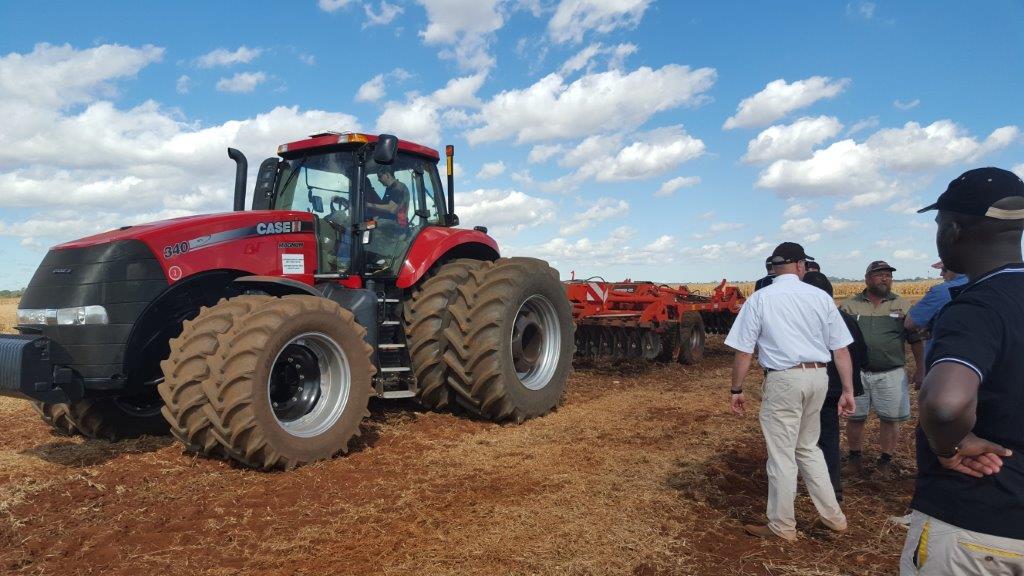
BY FIDELITY MHLANGA
INDUSTRY experts have called for an upward review of producer prices of agriculture commodities as government gazetted prices have since lost value.
In April, government set prices for cotton at ZWL$1 950 per tonne, soya beans ZWL $918, maize and small grains ZWL $726 and wheat ZWL$1 089,68.
However, the prices have since lost value given the depreciation of the local currency, which is currently trading at 1:8 to the greenback on the parallel market as of Friday from 1:4,5 when prices were announced.
Most suppliers have adjusted their prices to match the current exchange rate.
Confederation of Zimbabwe Industries vice-president Walter Chigwada said the situation was a sad one and government should consider revising the producer price of agriculture commodities.
“While the prices were appropriate at the time they were announced, the challenge is that it happened before the introduction of the interbank market. So everything else has realigned,” he said.
“Those prices may be a bit behind to the extent that realignment is important for the sake of the farmers to be able to go back to the fields this coming season.
- Chamisa under fire over US$120K donation
- Mavhunga puts DeMbare into Chibuku quarterfinals
- Pension funds bet on Cabora Bassa oilfields
- Councils defy govt fire tender directive
Keep Reading
“What will happen is with this new interbank rate obviously all prices of the other inputs have realigned.
“So by the time the farmer wants to go back to the field, they will face the exorbitant costs. So a revision of the producer price is pertinent.
“Something has to be done to realign the prices continuously.”
Zimbabwe Commercial Farmers Union president Shadreck Makombe said the current situation had put farmers between a rock and hard place.
“The producer prices have since been eroded. If anything there’s need for new prices,” he said.
“Unfortunately this then becomes a vicious cycle, worse still with galloping inflation.
More so with the unprecedented rise in price of inputs, it’s a case of a dog trying to bite its tail in vain.
“We are hard hit as farmers. We are in a quagmire, between hard ground and a rock,” Makombe said.
Economist John Robertson said the government has to work on re-establishing the trust needed to attract new investors and encourage external banks to offer lines of credit to local financial institutions and rebuild a respectable local currency.
“All these prices are now out of date, but the exchange rate is still moving and so it is too soon to calculate the adjustments needed,” he said.
“We will have to wait for the exchange rate to stabilise, for which we need to see the parallel rate disappear and balance established between supply and demand for foreign exchange.
“To achieve those, government needs to make a declaration that it will respect, with an addition to the constitution, property rights and that it will never again lay claim to assets of companies or private individuals.
“Respect for property rights will attract investors and farmers will start the process of generating economic recovery.
“No, US$ are needed for inputs. If we behave properly, we will rebuild a respectable local currency to pay for locally produced goods. Good behaviour starts with Trust.”
Though agricultural productivity and output have witnessed a marked decline since the government forcefully removed white farmers from their farms at the turn of the millennium, the country’s agriculture sector still plays a central role in the economy providing a base for employment and export revenues.











